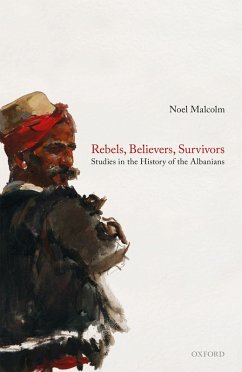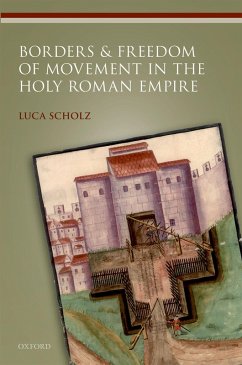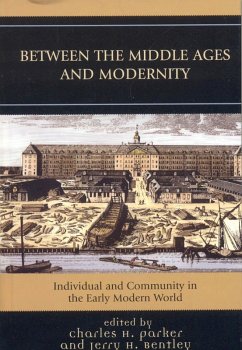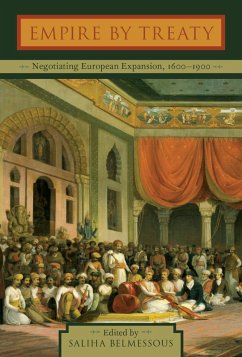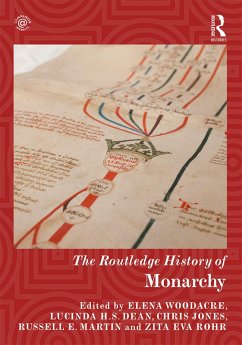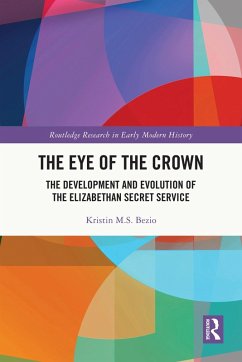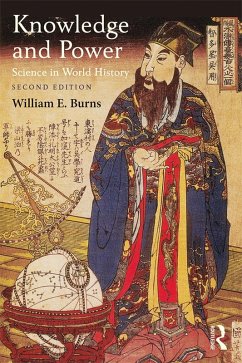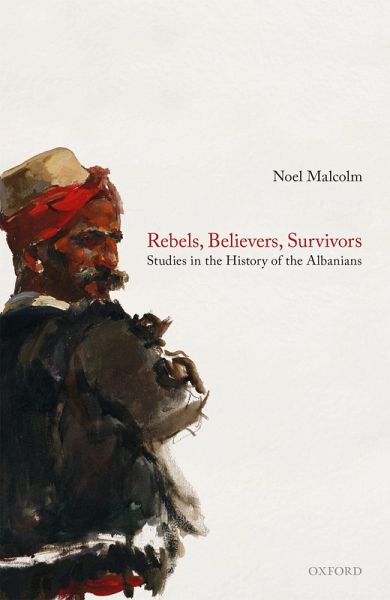
Rebels, Believers, Survivors (eBook, PDF)
Studies in the History of the Albanians

PAYBACK Punkte
13 °P sammeln!
Thanks to its half-century under Communism, as well as its little-known language, Albania has suffered from neglect and a sense of isolation. Yet, as this study helps to show, the Albanian lands have a long history of interaction with others. They have been a meeting-ground of Christianity and Islam; a channel through which Venice connected with the Ottoman Balkans; a place of interest to the Habsburgs; and a focus for the ambitions of neighbouring powers in the late Ottoman period. Albanians themselves could have many different identities. The studies in this volume, by one of the world's lea...
Thanks to its half-century under Communism, as well as its little-known language, Albania has suffered from neglect and a sense of isolation. Yet, as this study helps to show, the Albanian lands have a long history of interaction with others. They have been a meeting-ground of Christianity and Islam; a channel through which Venice connected with the Ottoman Balkans; a place of interest to the Habsburgs; and a focus for the ambitions of neighbouring powers in the late Ottoman period. Albanians themselves could have many different identities. The studies in this volume, by one of the world's leading experts on Albanian history, range from the fifteenth century to the twentieth, taking in politics, social history, religion and diplomacy. Each is based on original research; the longest, on Ali Pasha, uses a wealth of manuscript material to tell, for the first time, the full story of the vital role he played in the international politics of the Napoleonic Wars. Other studies bring to life ordinary individuals hitherto unknown to history: women hauled before the Inquisition, for example, or the author of the first Albanian autobiography. Some of these studies have been printed before (several in hard-to-find publications, and one only in Albanian), but the greater part of this book appears here for the first time. This is not only a landmark publication for readers interested in south-east European history. It also engages with many broader issues, including religious conversion, 'crypto-Christianity' among Muslims, methods of enslavement within the Ottoman Empire, and the nature of modern myth-making about national identity.
Dieser Download kann aus rechtlichen Gründen nur mit Rechnungsadresse in A, B, BG, CY, CZ, D, DK, EW, E, FIN, F, GR, HR, H, IRL, I, LT, L, LR, M, NL, PL, P, R, S, SLO, SK ausgeliefert werden.




